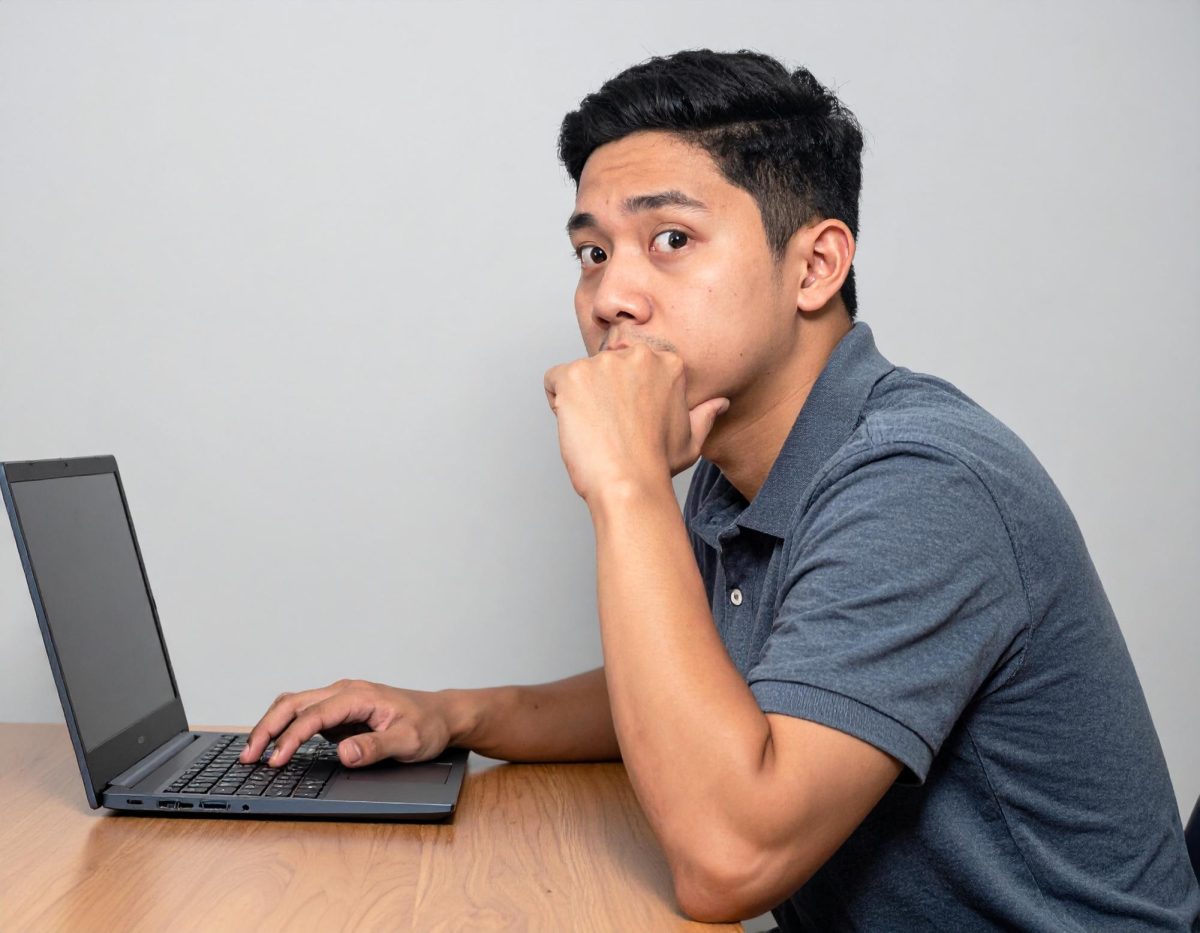
In a world in which artificial intelligence can produce art, music, and even written words, creativity is being redefined. Previously, creativity had been thought to be a peculiarly human aspect, an output of the brain’s work based on individual experience and emotion. Yet with AI software now generating brain boggling paintings, pieces of music, or poems, the line separating human and machine creativity has all but disappeared.These machine computers can produce new images, patterns, sounds, and ideas but are they creative?
Creativity is usually synonymous with independence and originality. It is a creation produced by the complex process of the human brain. AI, however, does this by looking for patterns and repeating whatever it finds. Which raises the question: are the humans who AI is learning from creative or is AI? For AI to be creative in the traditional sense, it would need to show the ability to think independently and produce pieces of art that have emotional value and meaning. Although AI may produce something aesthetically beautiful, and possibly meaningful, it lacks the experience and intentionality that renders human creativity creative. AI can mimic, but it doesn’t “feel” the impact of its works; it’s still an emotionless machine at its core. Try it: ask Chat GPT if it’s ever happy.
The arrival of AI art has stirred the art world to ask whether AI is a tool for an artist or a danger to human imagination. Artists have varying responses to the place of AI in the process.
AI is regarded by some artists as a new platform upon which they can enhance their imagination. AI is becoming a tool that enables them to experiment with ideas and forms that are impossible to achieve using conventional methods. They say that it’s a tool to deliver their work into spaces where it wouldn’t normally reach without AI. For instance, Choreographer Alisdair Macindoe explores the human with custom-made algorithms that construct choreography seen by the performers before performing it live. Imagine having to perform a scene, recite the lines, swivel your left elbow, go to the back corner, pretend you’re a newly born cow. When do you stop swiveling your elbow, how does a newborn cow look? Everything is left to the performer’s imagination. But others view AI as a threat to human creativity. The idea of a machine creating pieces which can be as indistinguishable from pieces created by humans, devalues the worth accorded to human effort, emotional quotient, and capability from the creative process. To such artists, AI can be seen not as a tool but as a competitor, one that is bigger, faster, stronger, and simply better than human beings can ever hope to become.
The divide between these two schools of thought is only whether the use of AI devalues the value of human artistry or does it open up new vistas for creativity? The encroachment of law into this area of study raises complex legal questions about AI-generated material. Rights over who owns AI’s work is one of the primary concerns. Traditionally, copyright law reserves rights of individuals or groups who create original work. But when an AI creates a piece of artwork, do the rights to that piece lie with the individuals who made the AI? Do they own it? Does it belong to the individual who requested the AI create the object? To the items the AI used to develop the output? Or is it the AI itself? Also ought performers using AI as a tool to have the same ownership rights as composers of music who write from scratch? There are also moral concerns about whether or not AI can create misleading or false information, such as “deepfake” videos, that can produce super-realistic images or videos of people doing things that they never did. This new concept erases the line between reality and fiction, raising the stakes of authenticity in journalism and art. AI is forcing us to live in a world where individual morals are becoming more important in a man than ever before.
The question of whether or not AI can be creatively human or just a tool for simulating human input continues to change as AI continues to change. For instance, if I were to tell you that Chat GPT inspired me with the idea for this article, some of the points I should drive home, and even articles I could read for further inspiration on the subject, would that detract from the originality of this article or how well written you thought it was?
https://www.theguardian.com/artanddesign/article/2024/aug/30/xanthe-dobbie-futuer-sex-love-sounds-ai-video-celebrity-clones
https://www.wired.com/story/artificial-intelligence-music-human-creativity/